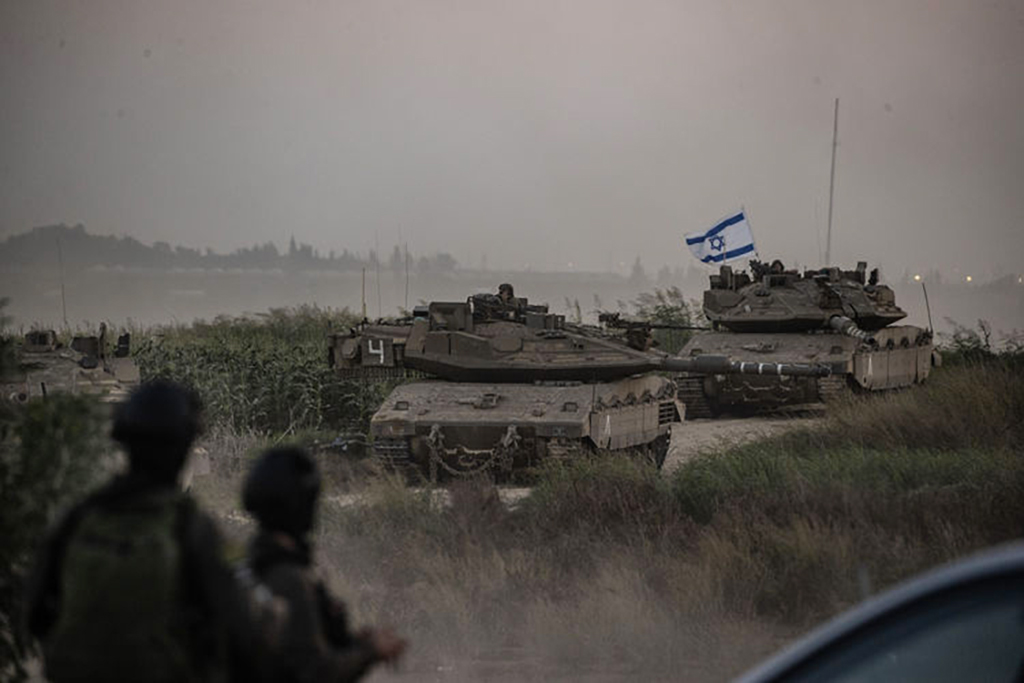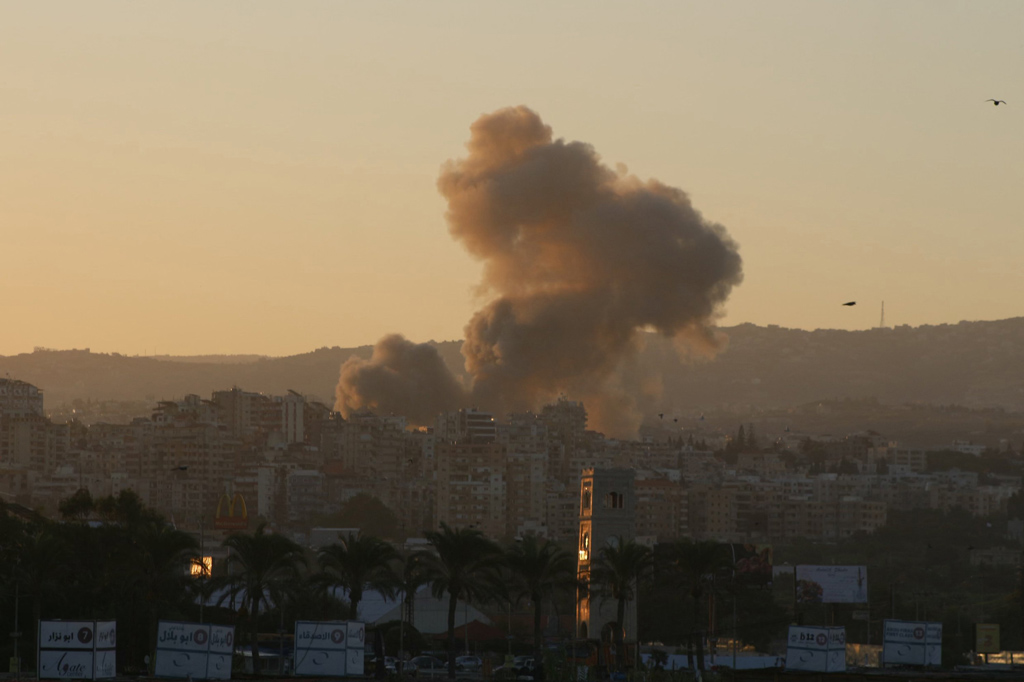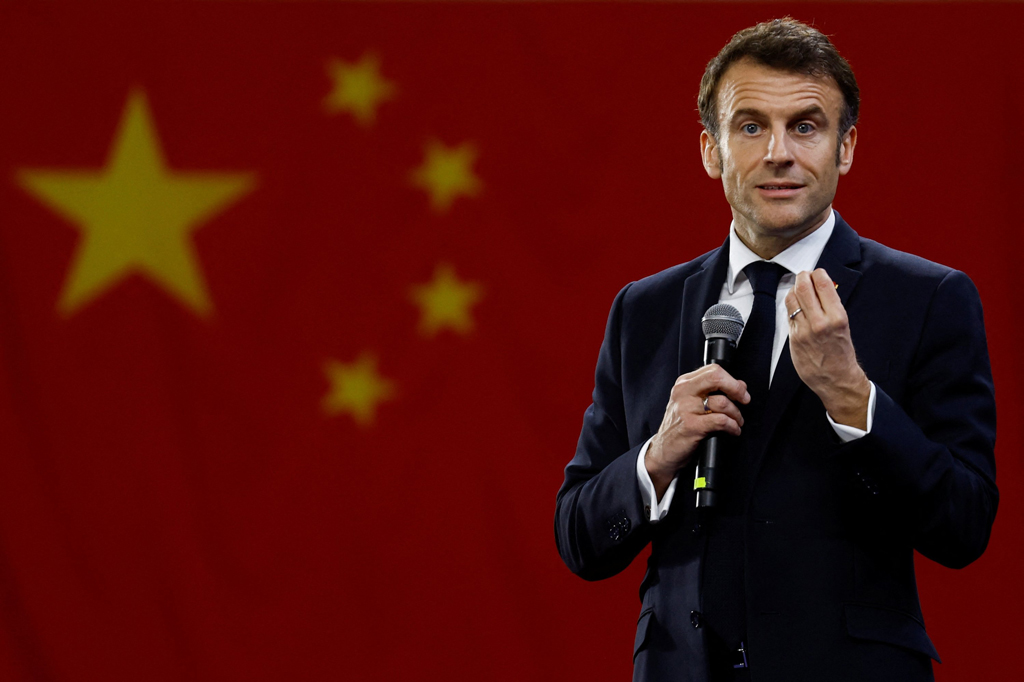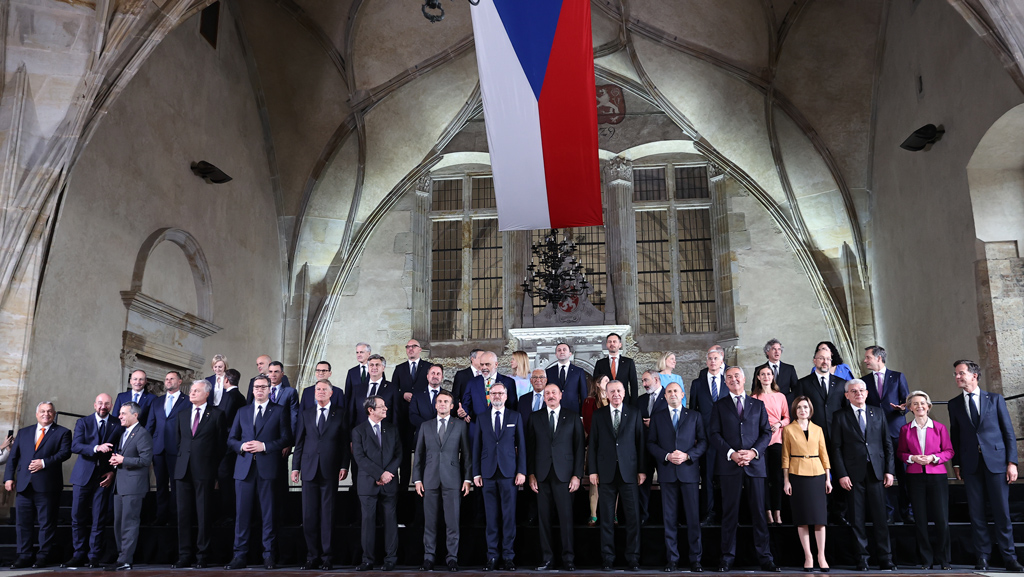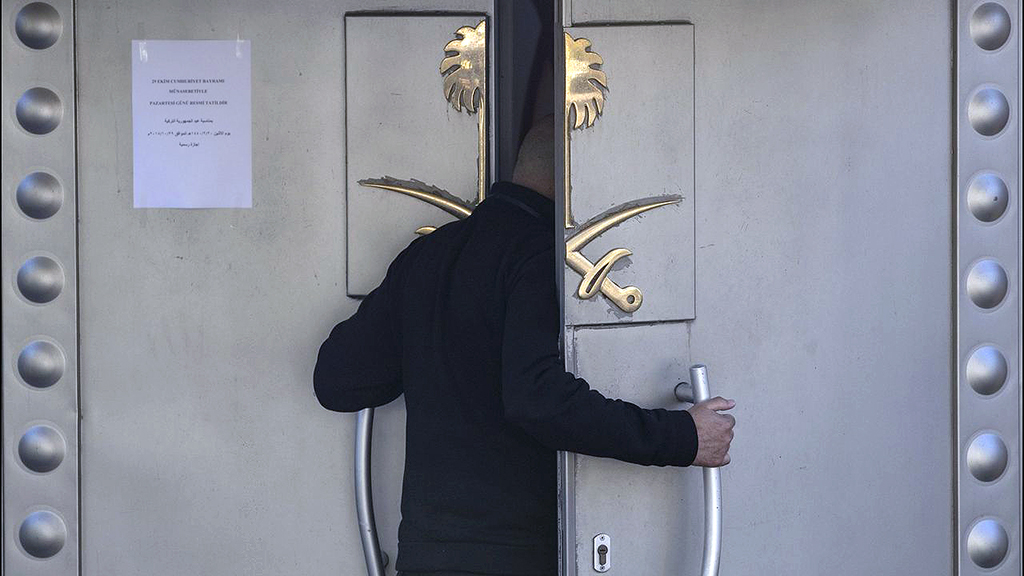
The Khashoggi case: A litmus test for the Saudi state
The Khashoggi murder pushes the Kingdom of Saudi Arabia to become more dependent on global powers, in particular the United States
Share
The Khashoggi murder will be remembered as one of the most important milestones in recent Saudi history and as an event that will most likely lead to a comprehensive restructuring of the kingdom's domestic and foreign policies. Many claim the case's effect on the kingdom mirrors that of the assassination of King Faisal on March 25, 1975. Like the king's death, which led to a regression in Saudi politics, the kingdom's reformist persona was destroyed over the several weeks following the Khashoggi murder. It seems that the cost of the murder will be unexpectedly high for the Saudis.
First, not only has Riyadh failed to provide answers to questions circulating throughout the international community, but it has also completely mismanaged the Khashoggi case. Riyadh initially denied any involvement in Khashoggi's disappearance and claimed that he had left the consulate on his own. Then the Saudis, after admitting that he was killed in the consulate, claimed he was killed during an altercation. Finally, Saudi authorities acknowledged the involvement of some Saudi officials in the killing in order to protect those responsible for handing down the orders. However, despite the kingdom's attempts to cover up the murder, Turkish authorities gradually leaked information to the international press that proved the incident was premeditated.
The Saudis, trying to buy time, were reluctant to allow Turkish authorities to investigate, creating a catch-22; the kingdom needed to figure out what the Turkish already side knew. Therefore, they sent public prosecutor Saud al-Mojeb to Turkey. Nevertheless, Turkey played the game perfectly by gradually exposing evidence. The Turkish side declined the kingdom's demands, and in return asked the Saudis to produce the body of the murdered journalist, which was similarly declined by the Saudis. Turkey's Justice Ministry has also asked Riyadh to extradite 18 detained people involved in the killing, so they could be interrogated and put on trial on Turkish soil. The evidence in the hands of Turkish authorities has played an extremely important role in the process. The Saudi side, unaware of the amount of the information recorded and gathered by Turkish authorities, has tried to compromise with Ankara.
As a result, the Turkish strategy has kept global attention, especially in the West, on the case and thus, the world continues to put pressure on Riyadh. Eventually, even the Donald Trump administration, one of the staunchest supporters of the Saudi regime, had to admit the Saudi explanations remained unsatisfactory and called on the kingdom to conduct a proper public investigation. Trump maintained that the Saudi efforts are "the worst in the history of cover-ups." Most European politicians and business circles want the Saudis to pay for their reckless move.
The main dilemma Riyadh is facing now is whether to disclose who ordered the murder or to simply cover it up. The kingdom will pay dearly either way. Critics still believe that Riyadh has failed to conduct a thorough and transparent criminal investigation that would end in justice for the murder.
In conclusion, the Khashoggi case will force already vulnerable and dependent Saudi politics to be more dependent on global powers, the United States in particular. Western states have lost their trust in the Saudi regime, and Western investors have already begun to withdraw their support from regional Saudi projects.
[Daily Sabah, 31 October 2018]
Tags »
Related Articles
Experts Respond
Experts Respond: European Political Community | Opportunities and Limitations
October 2022

